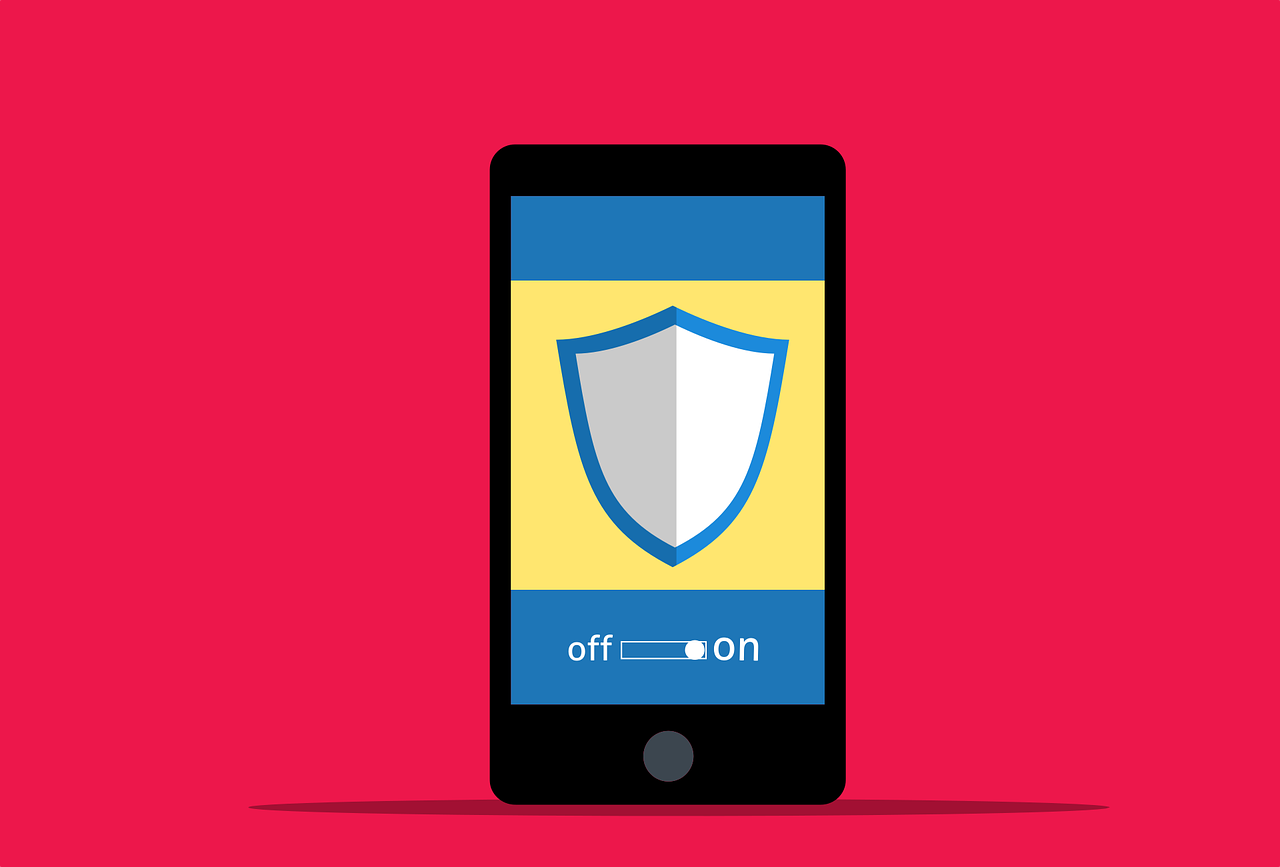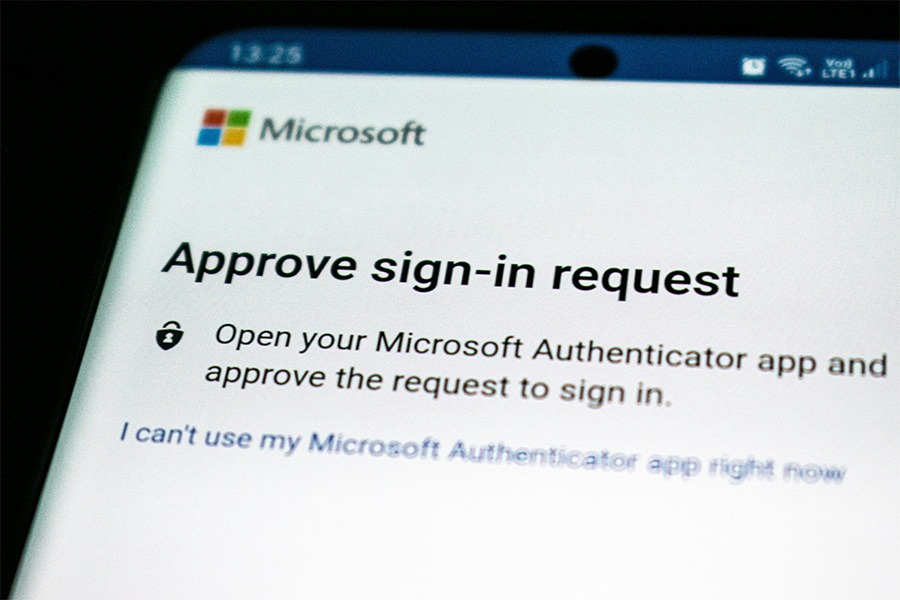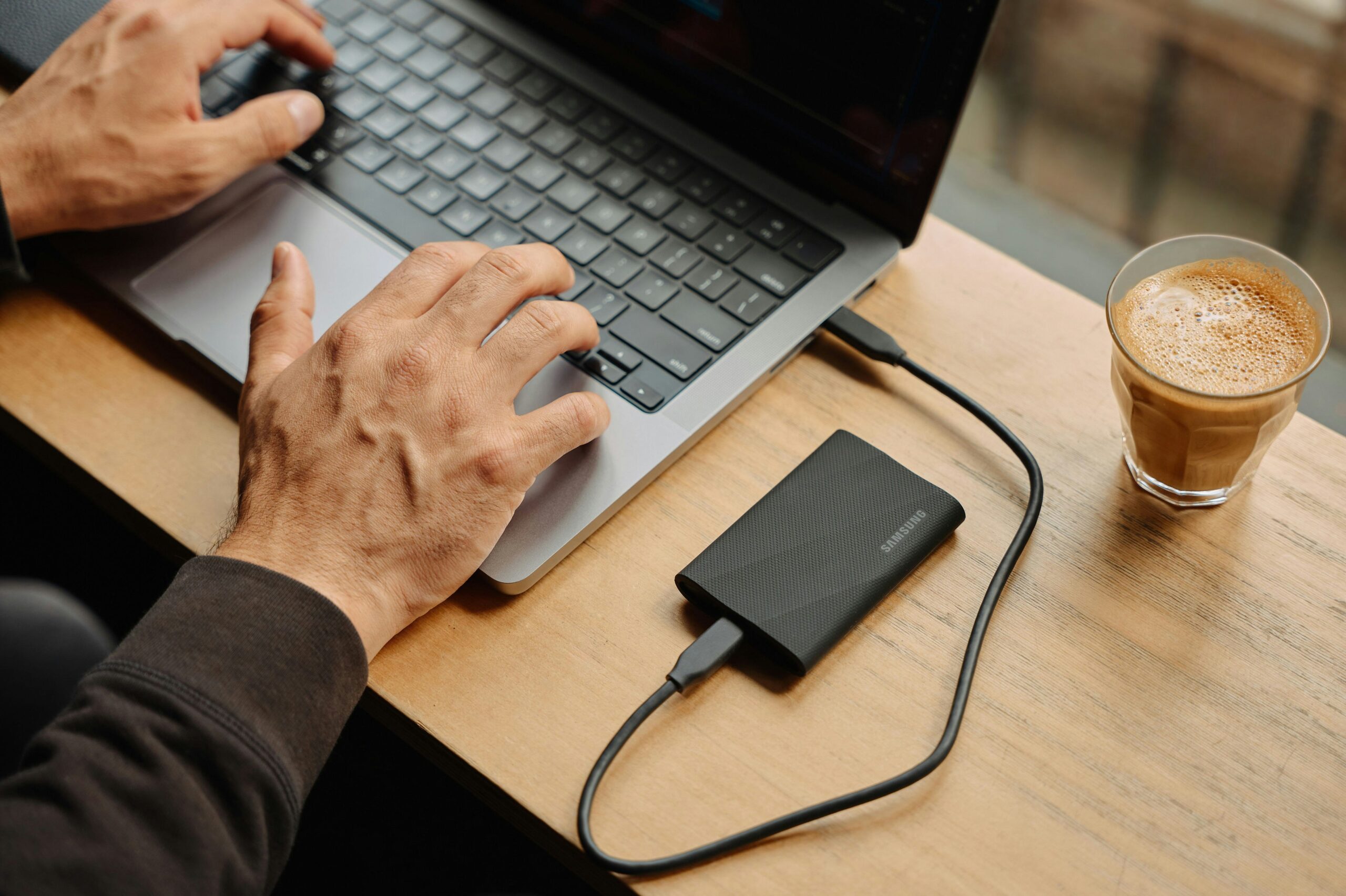1-Use a screen privacy filter. Use a privacy filter that fits over your screen, limiting the viewing angle and making it difficult for others to see your screen from the side.
2-Position your device strategically. Sit or stand in a corner or against a wall to minimize the chance of someone looking over your shoulder.
3-Adjust screen brightness and contrast. Lower your screen brightness and increase contrast to make it harder for others to view your screen from a distance.
4-Use a virtual keyboard. Use an on-screen virtual keyboard for entering passwords and sensitive information to prevent keyloggers from capturing your keystrokes.
5-Use a password manager with auto-fill. Use a trusted password manager that can auto-fill your login credentials, reducing the need to type passwords in public.
6-Be aware of your surroundings. Stay vigilant and keep an eye on people around you, ensuring that no one is attempting to view your screen or passwords.
7-Tilt your screen. Adjust the angle of your device’s screen to make it harder for others to see, especially when entering passwords or sensitive information.
8-Use a physical barrier. Place a bag, coat, or another object around your device to create a physical barrier, making it more difficult for others to see your screen.
9-Sit with your back against a wall. If possible, choose a seat with your back against a wall, which will minimise the chances of someone walking up behind you and viewing your screen.
10-Password masking. Enable password masking on your device, which will show asterisks or dots instead of actual characters when entering passwords, making it harder for onlookers to guess your password.





